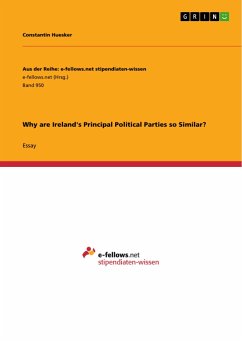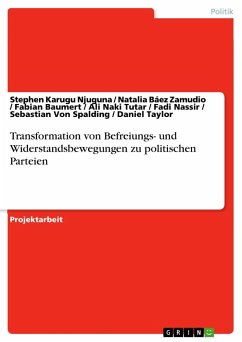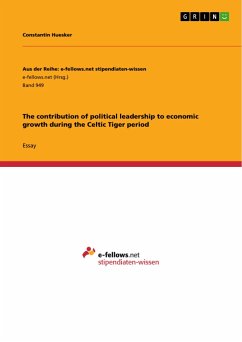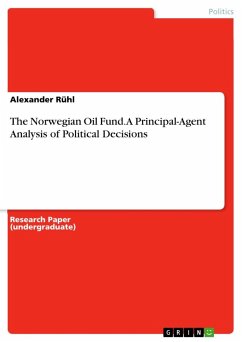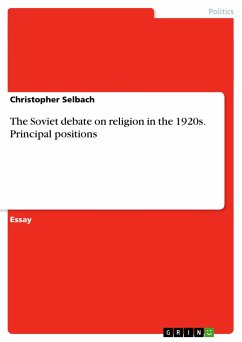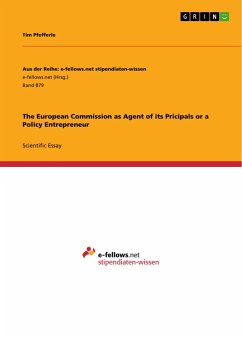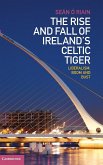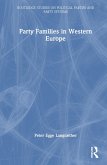Essay from the year 2011 in the subject Politics - International Politics - Region: Western Europe, grade: 70%, 1,5, Dublin City University, course: Introduction to Modern Ireland, language: English, abstract: Tom Garvin introduces his book "The Evolution of Irish Nationalist Politics" from 2005 with the following appraisal:"The political parties of the Irish Republic are somewhat exotic entities. The country's party system, and its style of popular politics in general, are untypical of Western liberal democracies in many ways." He is proved right when looking at the classical political model and Ireland's party structure. The general political spectrum that "divides political ideologies on the basis of their beliefs" is not applicable to the Irish political landscape. One can neither find a clearly left-wing nor a genuine right-wing party. Instead, two big and nearly equal conservative parties prevail: Fine Gael and Fianna Fáil.For many years these parties dominate the Dáil winning together over 50% of the seats every election. Since their foundation in the early 20th century the parties share basically the same political platform and represent therefore just an alternative to each other. The Irish population constantly favoured centre-right politics and consequently other political camps were generally left by the roadside: in 2007, for instance, the Labour Party and the Green Party together won only 26 out of 166 seats. Another factor for Ireland's flat political landscape is the lack of cleavages within the Irish society. Not only due to "exceptional ethnic and religious uniformity, [...] [based on] the role of the Catholic Church in social and political life" but also due to Ireland's late industrialisation, traditional and homogeneous voting was and still is more influential than in other western democracies.The three factors, introduced above and explained in detail below, are not the exclusive reasons for Ireland's unique political landscape. Instead, the whole party structure matured over the past 100 years. It is therefore important to regard the process as a whole, to better understand the evolution of the current situation.
Hinweis: Dieser Artikel kann nur an eine deutsche Lieferadresse ausgeliefert werden.
Hinweis: Dieser Artikel kann nur an eine deutsche Lieferadresse ausgeliefert werden.

